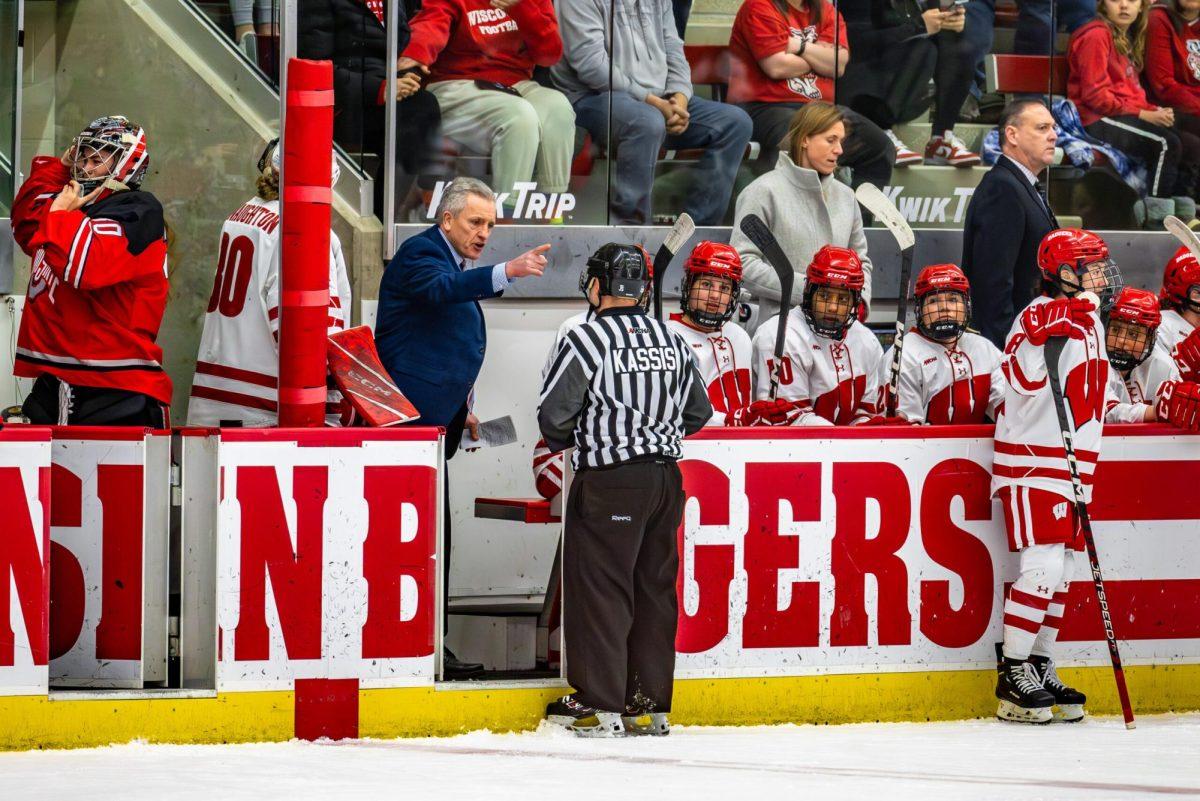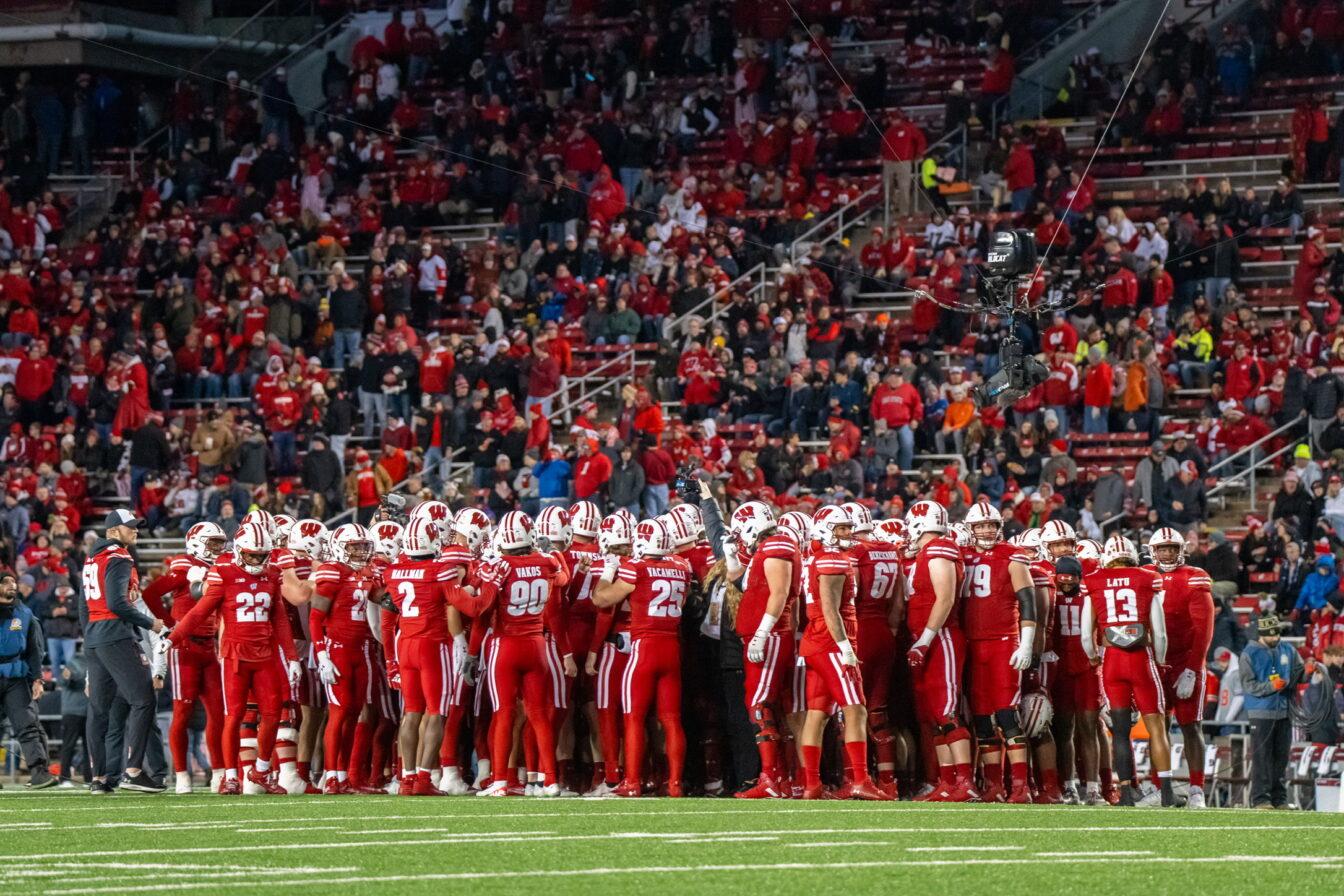Growing up, like many other kids my age, I used to wear the emblematic yellow Livestrong bracelet wherever I went. It was a symbol of what hard work and determination could do in the face of adversity.
While I stopped wearing it long ago, Lance Armstrong always remained a hero of mine for his ability to bounce back from testicular cancer to not only race professionally, but also to be as incredibly successful at it as he was.
It’s funny how quickly feelings can change.
In the midst of recent allegations and the verdict that followed, Armstrong can no longer boast the squeaky-clean image that once made him so popular with his fans. In fact, he is quickly being forgotten altogether.
After taking a big, pink eraser and removing all of Armstrong’s most important accomplishments in the racing world – including seven Tour de France championships between 1999 and 2005 – the U.S. Anti-Doping Agency stripped the former world cycling champion of not only his titles, but also his reputation.
When this response is compared to other sports’ handling of performance-enhancing drugs, it represents one of the stronger stances taken on performance-enhancing drugs in sports, which can only have beneficial repercussions across the sport most affected by rampant drug use.
Just look at the scandal that is Major League Baseball. After Barry Bonds was convicted on an evasive answer to a 2003 jury concerning whether or not he was ever given anything requiring an injection, many called for his stats – including his career home run record of 762 home runs – to be thrown out.
Unlike the International Cycling Union, Commissioner Bud Selig and MLB did not do anything about Barry Bonds. As a result, the Bonds saga dragged on for weeks with nothing being resolved. In the end the case didn’t give anyone – fans, coaches or players – any closure on the situation or where steroids-stained records stand in MLB’s record books.
The International Cycling Union’s ruling handled its crisis much better. By erasing any evidence of Armstrong in cycling’s record books quickly after the story broke, UCI has avoided most of the backlash that MLB received for its non-decision on Bonds. By closing the case quickly, the sport of cycling has set the precedent that they would like to move on and let the tainted past be completely forgotten.
But this doesn’t mean people haven’t disagreed with UCI’s decision. They have.
Some have even gone as far as arguing that, since many other cyclists have admitted to steroid use, Armstrong’s records should still stand. Regardless of whether or not these claims about other cyclists are true, to have maintained Armstrong’s records based on this reasoning would be to accept cheating as an acceptable part of competition. As my mother used to tell me growing up, “Fallacies do not cease to be fallacies because they become fashions.” The same can be said for the doping. The popularity in sports for the use of performance-enhancing drugs does not mean it should become the very reason for their use.
As I touched on earlier, Armstrong reached his peak in the cycling world while many college-age students, including myself, were still in our early formative years. The bulk of his success took place while we were just young elementary and middle school kids, a time when many young sports fans are just picking out the athletes they will look up to for years to come.
So for us, Armstrong’s fall from grace is more than just another famous athlete being outed for his bad decisions – it means the loss of a hero.
Some might say Tiger Woods’ fall was just as hard on the young fans who grew up cheering for him. But there is one major difference between the two.
While Woods might have been known as one of the stronger moral characters in the sports world, none of it was from attention that he brought on himself.
Armstrong was different; he was marketed as a beacon of hope through his Livestrong campaign in the dark world that has been sports in the age of performance-enhancing drugs. An example of a hard-working athlete whose work ethic and drive helped him achieve seemingly impossible tasks. Now I guess we know they were impossible.
His Livestrong Foundation, while still a noble cause to help those battling cancer, suddenly has lost the touching story that made it famous in the first place.
Without Lance Armstrong’s resurrection from being diagnosed with cancer to winning the Tour de France, his entire story is tainted, something that he hasn’t helped by his remarks since the verdict.
“I know who won those seven Tours, my teammates know who won those seven Tours and everyone I competed against knows who won those seven Tours,” Armstrong said in August after the USADA released the initial report.
While a slice of humble pie might have gone a long way to salvage whatever reputation he had left, any chance of restoring his name to its former glory has been dashed.
Armstrong may have lost his career and reputation, but his actions have cost millions of fans their childhood idol.
Nick is a junior majoring in journalism and political science. Do you agree that Armstrong’s reputation been ruined? Email him at [email protected] or tweet at him @npdaniels31.



















